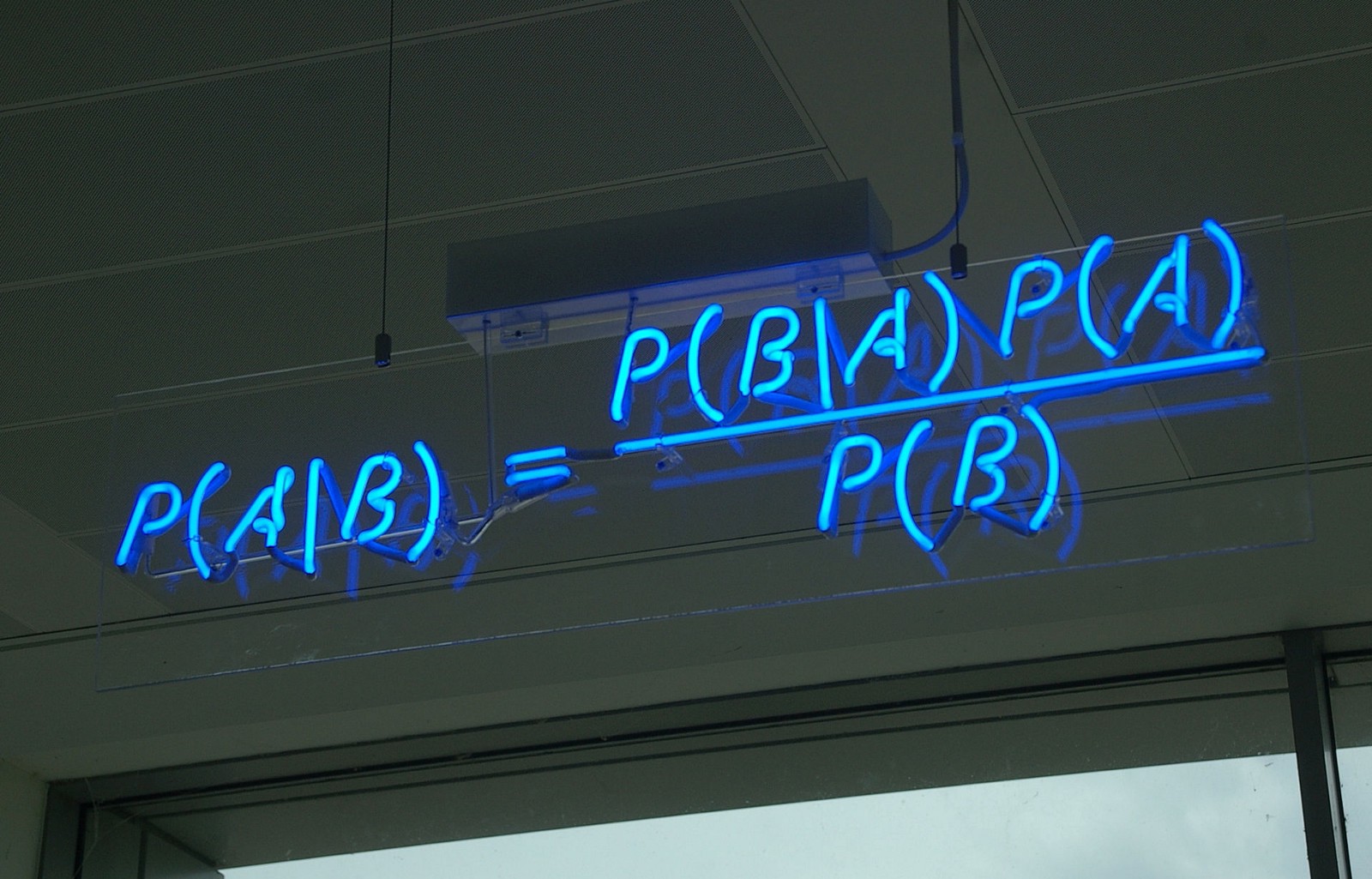Reporting and Assessing Statistical Evidence 2
PSM 2
Bennett Kleinberg
26 Feb 2019
Probability, Statistics & Modeling II
Lecture 7
Statistical reporting 2 + assessment details
Which question do you have?
Today
- recap week 1-5
- statistical reporting
- assessment details
Week 1
- marginal probability
- conditional probability
- Bayes’ Rule
- Simpson’s paradox
Week 2
- modelling data
- regression idea
- regression effects
Week 3
- GLM idea
- logistic regression
- model comparison
Week 4
- GLM for t-tests
- GLM for ANOVAs
- Relationship between t-test, ANOVA, lm
Week 5
- non-paramtric tests
- esp. ranking methods
- discrete data
- R by C (ChiSquare)
- X by Y by Z (loglinear)
Week 5
Statistical reporting
A tricky time
- Reproducibility crisis (2015)
- Statistics crisis (2016)
A tricky time
- QRPs widespread
- Some remedies in place
- preregistration
- data sharing
A tricky time
Problems:
- preregistration a long way from the norm
- data sharing is often a taboo
So what can we do without relying on (old) researchers improving their research practices?
Ways forward
- get the journals on board
- get the funding bodies on board
- tackle the NHST problem
My first “science” surprise
New York Times article
The NHST problem
Null hypothesis significance testing highly debated
- issue of “researcher’s degrees of freedom”
- analytical techniques
- exclusions
- no. of variables
- …
Leads to high prevalence of QRPs
Open Science to the rescue?
Remember:
- preregistration not common
- replication not common
- data sharing not common
Hypothetical scenario
Even if these practices become the norm …
… we’re still stuck with arbitrary p-value thresholds!
And anyway:
How are we supposed to report anything now?
3 approaches to the p-value issue
- Apply a new common threshold
- Always justify your threshold
- A completely different statistics framework
A new alpha threshold
However, we believe that a leading cause of non-reproducibility has not yet been adequately addressed: statistical standards of evidence for claiming new discoveries in many fields of science are simply too low.
A new alpha threshold
A new alpha threshold
A new alpha threshold
A new alpha threshold
For research communities that continue to rely on null hypothesis significance testing, reducing the P value threshold for claims of new discoveries to 0.005 is an actionable step that will immediately improve reproducibility.
Justify your alpha
Justify your alpha
- “Weak justifications for the α = .005 threshold”
- “How a threshold of p ≤.005 might harm scientific practice”
- “No one alpha to rule them all”
Justify your alpha
We call for a broader mandate beyond p-value thresholds whereby all justifications of key choices in research design and statistical practice are transparently evaluated, fully accessible, and preregistered whenever feasible.
Morale of the story
- single studies overrated
- challenge of single summary statistic remains
- more meaningful
- replications
- “many labs” projects
- RRRs
- “many analysts” projects
About many analyst projects…
“The primary research question tested […] was whether soccer players with dark skin tone are more likely than those with light skin tone to receive red cards from referees”
- 146,028 dyads of players and referees
Many analysts
- 29 teams, 61 researchers
- Whole range of academic experience
What do you think?
Give it a try: https://osf.io/gvm2z/
Many analysts
- 20 teams found sign. positive relationship
9 teams found no relationship
- 29 different analyses
21 unique combinations of covariates (e.g. position, country, …)
Many analysts
Many analysts
“The best defense against subjectivity in science is to expose it.”
A completely different statistics framework

Next week
For you?
“The best defense against subjectivity in science is to expose it.”
Make yourself and the findings the least vulnerable.
The Applied Analysis Project
General info
- 50% of final grade
- preregistration + independent analysis
- demonstrate your understanding of statistical techniques
- conduct analyes in R
Details
- we provide a dataset
- your task is to act like an analyst
- answer 5 specific questions
- plus 1 question of your own
Dataset details
- data on offenders charged with gang-related crimes
- variable codebook online and on Moodle
Dataset release
- Phase 1: pseudo-dataset
- identical in structure
- different in values and length
- serves as input for your preregistration
- dataset available now on Moodle
- Phase 2: full release
- individualised for each student
- released via email on 30 March 2019
Preregistration
- Word limit: 300 words
- detail the hypotheses
- for the 5 given questions
- plus for your own question
- specify all exclusions, transformations, selection criteria, etc.
- use the template online on Moodle (based on the OSF template)
- deadline for preregistration: 29 March 2019
- submission via TII on Moodle
Full analysis
- datasets released on 30 March 2019
- base your analysis on the preregistration
- specify and justify all deviations from the prereg.
Full analysis report
- no introduction section
- Advised structure:
- hypotheses
- method
- data
- analytical plan
- results
- discussion
Full analysis report
- Word limit: 1,500 words
- Submit as anonymised PDF on TII on Moodle
- Additionally: submit your code supplement
- R Notebook
- fully reproducible code
- submit as an anonymised html on Moodle
- deadline: 16 April 2019
Feedback session
- 1-on-1 feedback on 26 March
- 10 min slot for each student
- Template for feedback submission online and on Moodle
All dates/deadlines
- dataset release 1: now
- deadline feedback submission tenplate: 22 March on TII
- deadline preregistration: 29 March on TII
- dataset release 2: 30 March
- deadline final report + code: 16 April
Questions about the assessment?
Outlook
Next week: Bayesian hypothesis testing
Homework: Revise week 1-5